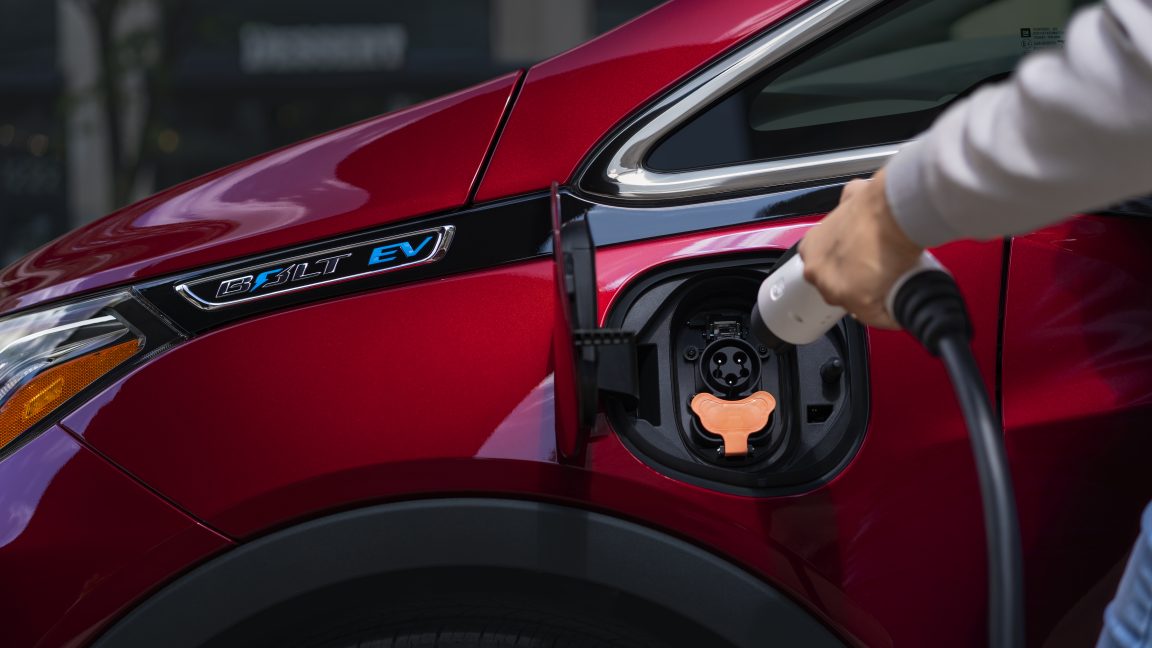- Joined
- Jan 15, 2007
- Messages
- 12
Hi,
This is about the relative merits between these two chemistries, but for the purposes of home power backup. But I figured there's some overlap, and some here might have a different insight, and more honest, than the industry itself.
I'm actually looking for a definitive comparison. I'm looking for storage on the order of 16 to 22 kWh.
Any thoughts on the plusses and minuses of either?
This is about the relative merits between these two chemistries, but for the purposes of home power backup. But I figured there's some overlap, and some here might have a different insight, and more honest, than the industry itself.
I'm actually looking for a definitive comparison. I'm looking for storage on the order of 16 to 22 kWh.
Any thoughts on the plusses and minuses of either?





